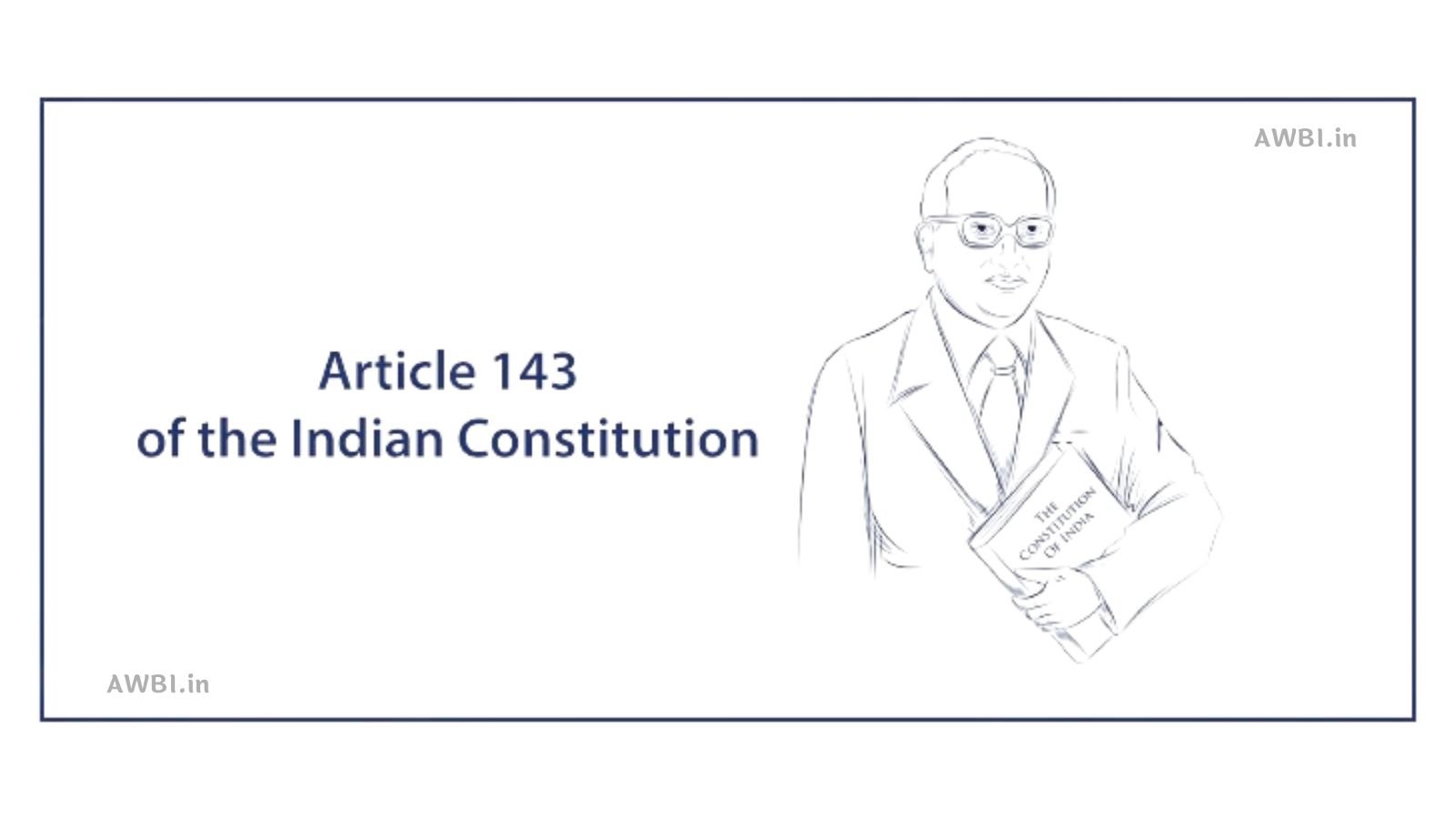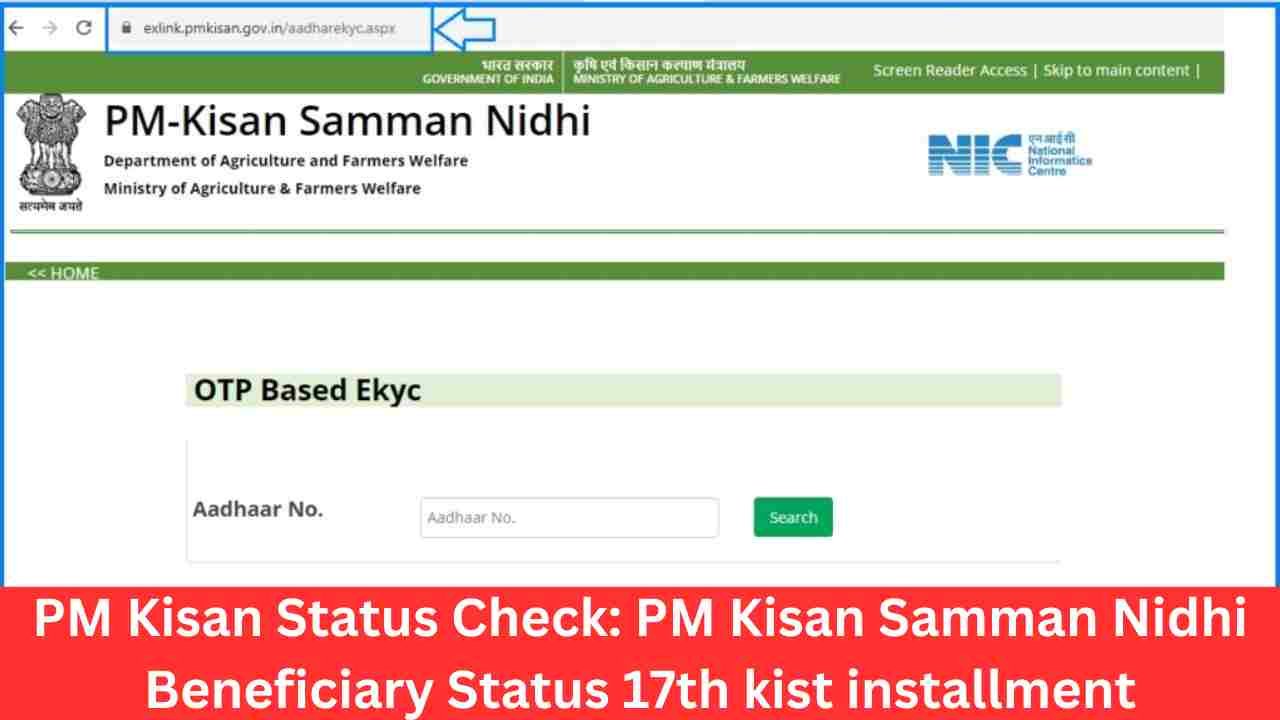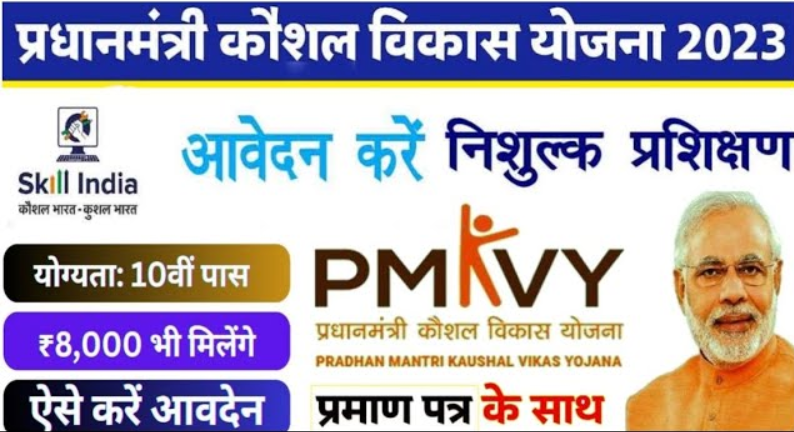Chief Minister of Delhi, Arvind Kejriwal has recently launched the Delhi solar policy and encourage the people to install solar panels on roof of their houses. This solar policy encourages citizens to stay stress-free from hefty electricity bills and contribute to a sustainable environment by reducing air pollution.
Through the Delhi Solar Policy 2024, the government will give a subsidy of Rs 10000 to the people of the state, so they can install solar panels on their roofs and get free energy. Along with this financial incentive, there are many benefits offered by this scheme. Read this article to gain more information on Delhi Solar Policy 2024 scheme, benefits, incentives, subsidy rate, etc.
Delhi Solar Policy 2024
Recently, the AAP Government of our country has launched the Delhi Solar Policy 2024. This scheme has been started to empower people to install solar panels on the roofs of their houses and get rid of electricity bills. Under this scheme, the government provide the monthly subsidy of 400 units of electricity to eligible people. People can get the financial incentive from government to install solar panels and reduce their electricity bills.
Currently, the people in Delhi whose monthly electricity consumption is around 200 units receive zero bills after the launch of this solar policy scheme. By launch this scheme, the government aims to empowers people to use natural energy, reduce air pollution and stay stress free from electricity bill. Here is a short overview of Delhi Solar Policy 2024
| Policy | Delhi Solar Policy 2024 |
| Launched by | Delhi Government |
| Launched on | 29 January 2024 |
| Managed by | State Power Ministry |
| Budget | Rs 570 crore |
Delhi Solar Policy 2024 Objective
The main aim of Delhi Solar Policy 2024 is to reduce the electricity bills of citizens of state by provide subsidy of up to Rs 10000 to them. The people belongs to weak economic condition are considered eligible for this scheme and get benefits under it. The government provide subsidy to eligible citizens so they can install solar panels on rooftop of their houses. By launching this scheme, the government aims to reduce air pollution in the state and empower people to produce electricity from solar energy.
Key features of Delhi Solar Policy 2024
The Delhi solar policy has innovative features that are designed to help people get rid of the stress of hefty electricity bills. Here are the features of this scheme
Zero electricity bills
The Solar Policy empowers people to achieve zero electricity bills by installing solar panels. It also helps to contribute to a better environment by reducing electricity costs and improve household affordability.
Generation based incentives
The solar policy launched by AAP Government give the fixed incentive amount of Rs 3 per kWh for solar power generation of 3kW. It reduces the minimum generation requirements and makes it an affordable option for people, even with limited rooftop space.
Capital subsidies
Along with the incentive amount, the Delhi Solar Policy 2024 also provides capital subsidies to eligible people up to Rs 10,000 per kW. It reduces the upfront costs and drives adoption among people.
Accessibility and easy to participate
The solar policy launched in delhi removes the minimum generation requirement, and make the application process simpler for solar panel installations. It improve the rooftop projects simpler, and make it affordable and accessible for citizens.
New deployment models
The Delhi Solar Policy address the electricity needs of people, and promote the deployment models like solar panels in state. In this way, this scheme adopts the new deployment models even on a roof with limited space.
Mandatory solar for government buildings
Government launched the Delhi Solar Policy 2024 and contribute to sustainable infrastructure development. By installing solar panels on government buildings exceeding 500 sq m in 3 years, the government showcases its commitment to reducing air pollution.
Subsidy amount
The subsidy amount given under Delhi Solar Policy 2024 is Rs 2000 to Rs 10,000. By receiving the subsidies, the citizens of Delhi state will save up to Rs 2000 per month and get zero electricity bills. The amount of solar plants by citizens of Delhi state will recover in 4 years.
Delhi Solar Policy Eligibility criteria
The people of Delhi state who want to get benefits under Delhi Solar Policy 2024 should meet the eligibility criteria. The eligibility criteria given below.
- Permanent residents of Delhi State Delhi are eligible to apply for the Solar Policy scheme.
- Only residential consumers of Delhi are eligible to get benefits under the solar policy scheme.
- The citizens apply for Delhi Solar Policy 2024 should have enough space on their roof to install solar panels under this scheme.
- To become eligible for the Delhi Solar Policy, it is important for citizens to have important documents for setting up solar plants.
Required Documents
Here are the documents citizens require while applying for Delhi Solar Policy 2024
- Aadhar card
- Home electricity bill
- Address proof
- Mobile number
- Plot number
- Passport size photo
- Bank passbook
How to apply for the Delhi Solar Policy 2024?
Here are the steps that citizens should follow to apply for the Delhi Solar Policy and get benefits under it
- The government will soon update the list of authorized vendors onits portal.
- You should choose the vendor from this list and contact them
- Get the rooftop solar panels installed in your space under this solar policy
- After installation, DISCOM installs the net meter for tracking power-generated units, consumed units, and unconsumed units
- You will get bills according to the net meter installed by DISCOM
In this way, Delhi Solar Policy will help citizens of the state to improve their household affordability. Moreover, it also encourages people to lead towards green energy. So, the people of Delhi go for renewable energy sources and contribute to a clean and sustainable environment.










